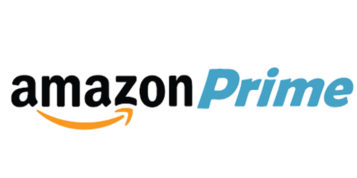A new study shows an incredible degree of loyalty among smart speaker owners, with 97 per cent of households with smart speakers owning devices from a single brand. In addition, most people are sticking with the platform they initially made their investment in.
The 360 Deep Dive: Consumer Demand for High-End Entertainment Devices report from Parks Associates found that Amazon is currently dominating the market, with two thirds of households that own smart speakers opting for an Echo device; a third own a Google Home device.
When it comes to specific products, it is the low-end devices that are enjoying the greatest popularity right now, with models like the Echo Dot and Google Home Mini among the top choices. These models cost around US$50. Given the trend toward brand loyalty in this fledgling market, device makers can capitalise on this opportunity to upsell their more premium offerings.
The study also noted that the adoption of smart speakers rose dramatically in 2018, and many households are now branching out and placing additional devices in different rooms of their home. This represents a good chance for device makers to attract repeat business, and it also points to new opportunities for brands to reach their customers.
Meanwhile, newly released estimates from Consumer Intelligence Research Partners place the number of smart speakers installed in the U.S. at 66 million, which is a rise from the 53 million noted in the third quarter. Their findings showed a similar preference for Amazon, which made up 70 per cent of the installed base in their study, followed by Google with 24 per cent and Apple with just 6 per cent.
Apple unlikely to make inroads in smart speaker category
Observers believe Apple will face an uphill battle when it comes to making inroads in the smart speaker category, especially given the high price of its current offerings. The preference toward low-end devices shows that people aren’t as willing to shell out on premium speakers as Apple might believe. Even the HomePod Mini they are reportedly working on is expected to be priced in the range of US$150 to US$200 – a full three to four times the cost of today’s most popular models from other brands.
Whilst the Google Home and Amazon Echo speakers don’t run any paid advertising right now, some brands are using them to create entertainment options like games or useful tools providing services consumers need in order to build their name recognition and loyalty.





